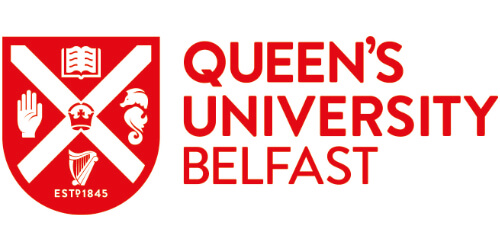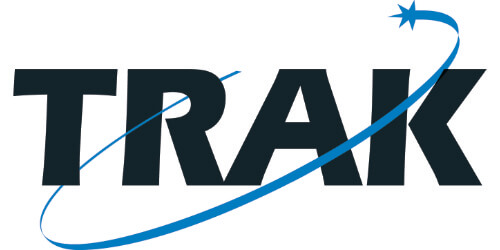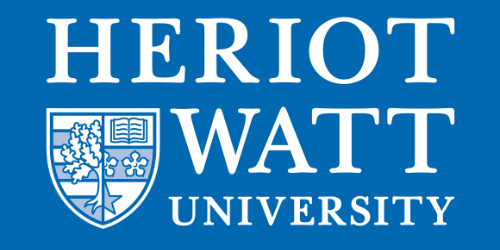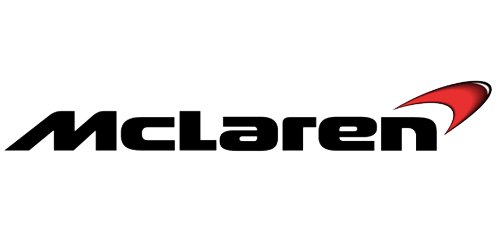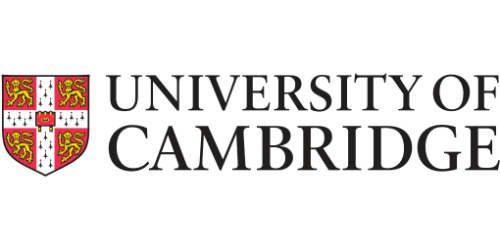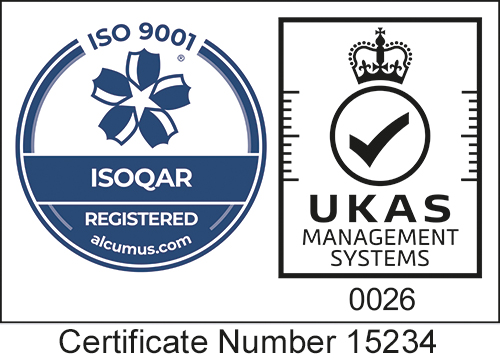Intracellular transport relies on the coordinated efforts of molecular motors, particularly dynein and kinesin, which facilitate bidirectional movement along microtubules. Despite the recognised co-dependency between these motors, the underlying mechanisms have remained elusive. In this study, employing in vitro motility assays, researchers at the MRC Laboratory of Molecular Biology, unveil a dual role for the kinesin-3 motor, KIF1C, acting not only as an activator but also as a processivity factor for dynein. Using a Henniker Plasma HPT-200 system specifically in the meticulous preparation of the microscopy chambers used for TIRF (Total Internal Reflection Fluorescence) assays.
Investigating the interaction and coordination between molecular motors, such as dynein and kinesin, is crucial for understanding the underlying mechanisms of intracellular transport. This study delves into the co-dependence of opposite polarity motors and proposes a specific mechanism involving the scaffolding adaptor HOOK3. The research led by MRC researchers sheds light on the activation and regulation of these motors, providing valuable insights into cellular processes.
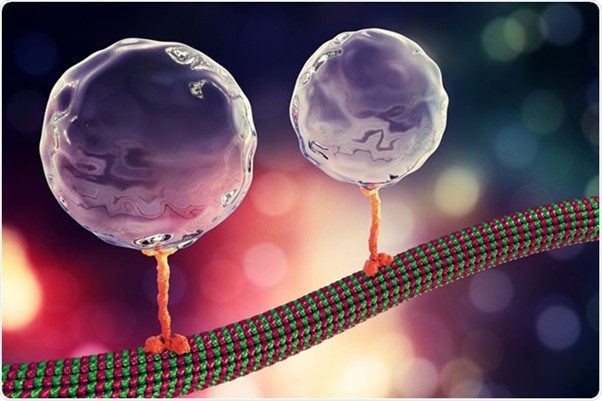
Intracellular transport, kinesin motor proteins transport molecules moving across microtubules, 3D illustration.
Image Credit: Kateryna Kon / Shutterstock
Cargo Transport Mechanisms:
Understanding how molecular motors work together is essential for deciphering how cells transport various cargoes within their structures. Investigating the reciprocal activation of dynein and kinesin provides insights into the dynamics of motor-driven intracellular transport.
Cellular Organisation:
The study explores the intricate mechanisms by which molecular motors coordinate their activities. This knowledge contributes to our understanding of how cells organise and distribute organelles, proteins, and other essential components, impacting overall cellular function.
Disease Implications:
Dysregulation of molecular motor activity is implicated in various diseases, including neurodegenerative disorders. Investigating the co-dependence and activation mechanisms of motors could provide clues about potential therapeutic targets for diseases related to transport defects within cells.
Biological Significance:
The study uncovers a general mechanism for co-dependence, suggesting that the proposed model may apply to other adaptor-scaffolded ensembles. This broadens our understanding of the versatility of such mechanisms in different biological contexts and opens avenues for further research.
Technological Advancements:
The methods employed in the study, such as TIRF assays and cryo-EM structure analysis, contribute to advancing experimental techniques in cell biology. These technological advancements enable researchers to explore molecular interactions with higher precision and detail.
In this study, the Henniker Plasma cleaner (HPT-200) played an important role in the experimental procedures, specifically in the meticulous preparation of the microscopy chambers used for TIRF (Total Internal Reflection Fluorescence) assays. The acid-washed coverslips, crucial components of the imaging setup, underwent a comprehensive cleaning process within the plasma cleaner. Initially submerged in 6.4% wt/v hydrochloric acid at an elevated temperature for 16 hours, the coverslips were then subjected to ultrasonic sonication in distilled water, exchanging the solvent between sonications to ensure thorough cleaning. Following this, the coverslips were dried with compressed air and stored until use.
Image – The Henniker Plasma HPT-200 System
To achieve the desired hydrophilic properties necessary for the TIRF assay, the acid-washed coverslips were plasma-cleaned using the Henniker Plasma system for a duration of 5 minutes. This step was crucial to eliminate any contaminants and create an optimal surface for subsequent experimental procedures. The cleaned coverslips were integral components in the assembly of imaging chambers, contributing to the precise and controlled conditions essential for the TIRF assays. The role of the Henniker Plasma cleaner in ensuring the cleanliness and hydrophilicity of the experimental setup underscores its significance in facilitating the success and reliability of the research outcomes.
In summary, investigating the co-dependence of molecular motors provides fundamental insights into cell biology, with potential implications for human health and disease. The findings may contribute to the development of targeted therapeutic strategies and advance our understanding of the intricate processes occurring within cells.
Join the Conversation
Readers are referred to the original paper published on October 26, 2023, available through the provided DOI link, or click the link below for further details on Henniker Plasma's HPT-200 Plasma Cleaner.
